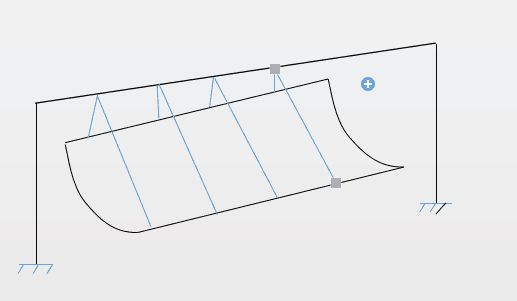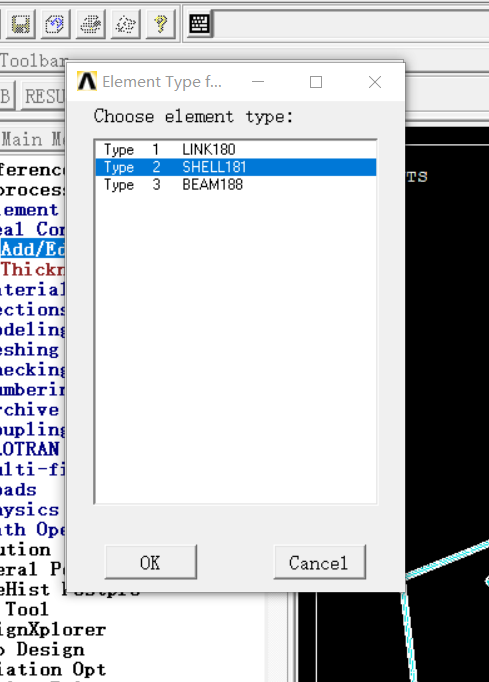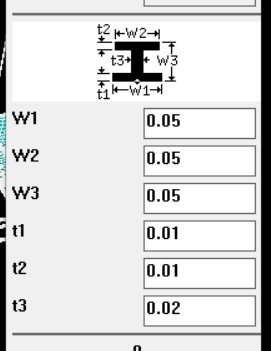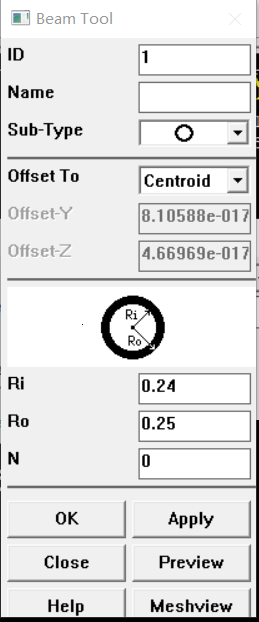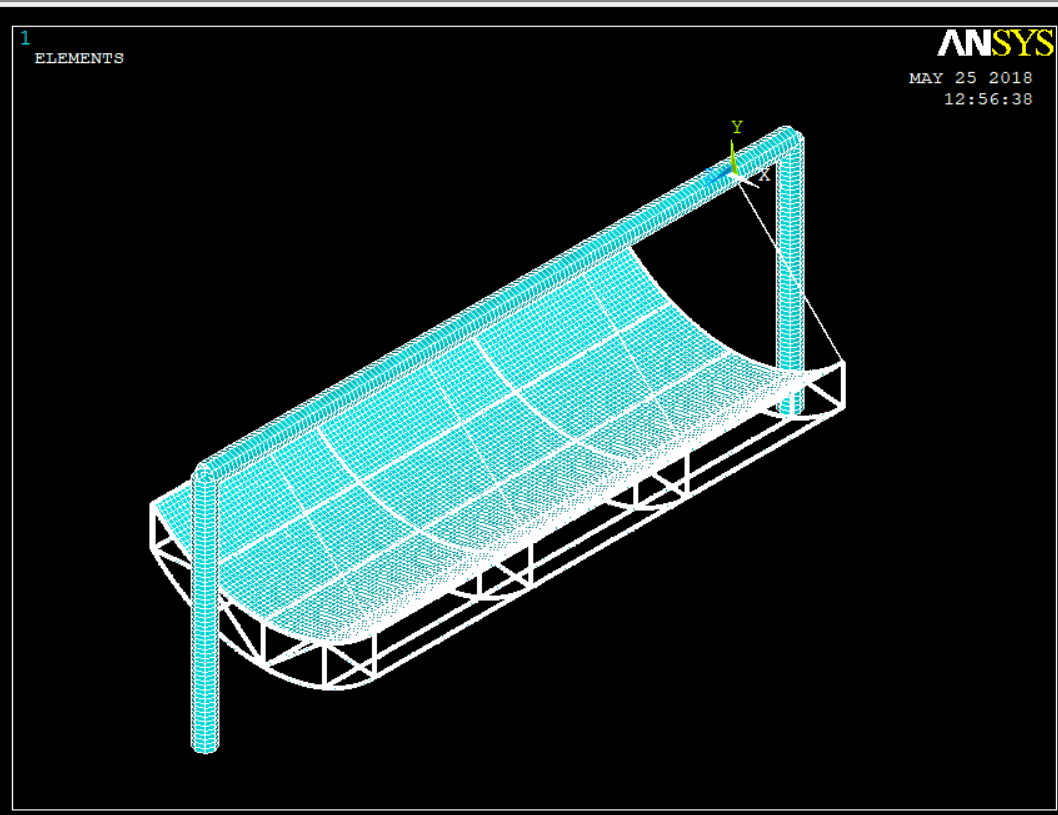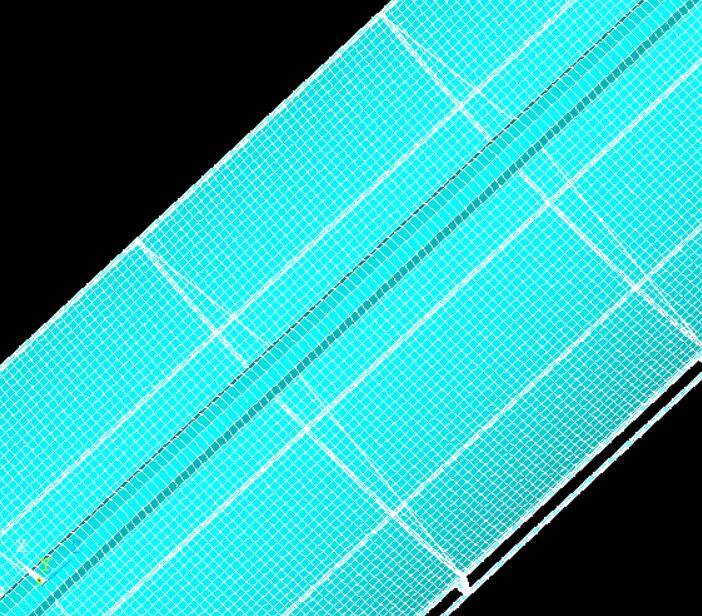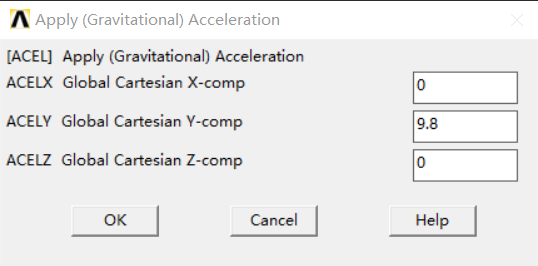悬吊式太阳能槽式聚光器设计与有限元分析毕业论文
2020-07-15 21:19:32
摘 要
槽式太阳能聚光器是用有抛物面的槽式反射器来聚集太阳光线以此来产热的线聚焦装置,在能源匮乏的今天,太阳能作为一种无污染又取之不尽用之不竭的新能源,在之后的新型能源的开发中无疑处于十分重要的地位。而聚光器是太阳能集热系统非常重要的一部分,而槽式聚光器是太阳聚光器一种主流的类型。
本文在对传统槽式太阳能聚光器结构研究的基础上,提出了一种新型的悬吊式槽式太阳能聚光器结构;并且详细地描述了其结构,利用ANSYS14.0建立其有限元计算模型,在考虑重力和风力载荷的情况下,对其进行计算求解,分析了解槽式太阳能聚光器的抗风载能力,发现模型的最大位移和最大应力较小,模型整体结构较为合理。
通过改变钢结构的截面大小来优化其结构,再次计算求解,减小其结构最大应力。与第一次求解结果分析比较,其结果表明,结构优化后最大应力值变小,达到了设计的要求。
关键词:太阳能、槽式聚光器、ANSYS、悬吊式、应力
Suspended Solar Trough Condenser Design and Finite Element Analysis
ABSTRACT
窗体顶端
窗体顶端
窗体顶端
Trough solar concentrators are line focus devices that use parabolic trough reflectors to collect solar rays to generate heat. Today, energy is scarce, and solar energy is a non-polluting and inexhaustible element. The new energy will undoubtedly play an important role in the development of new energy sources. The condenser is a very important part of the solar collector system, and the trough condenser is a mainstream type of solar concentrator.
Based on the research of traditional trough solar concentrator structure, this thesis proposes a new type of suspended trough solar concentrator structure; its structure is described in detail, its finite element calculation is established using ANSYS14.0. The model, under consideration of gravity and wind load, calculates and solves the problem, analyzes and understands the anti-wind load capacity of the trough solar concentrator, and finds that the maximum displacement and maximum stress of the model are small, and the overall structure of the model is reasonable.
By changing the section of the steel structure to optimize its structure, the calculations are again solved and the maximum stress of the structure is reduced. Compared with the analysis of the first-time solution, the results show that the maximum stress after the optimization of the structure becomes smaller and meets the design requirements.
窗体底端
Key word: Solar Energy, Trough Condenser, ANSYS,Suspended,stress
目 录
摘 要 1
ABSTRACT 2
第一章 绪论 4
1.1课题研究的意义与背景 4
1.2槽式太阳能聚光器的发展历史 4
1.3槽式聚光器的性能指标 5
1.4聚光器国内外研究进程 6
1.5聚光器结构优化的途径 8
第二章 悬吊式槽式太阳能聚光器模型 10
2.1传统槽式聚光器结构与工作原理 10
2.2 ANSYS14.0软件简介 12
2.3悬吊式槽式聚光器结构 14
2.4聚光器模型网格的划分 16
2.5施加约束和载荷 18
第三章 求解分析过程 20
3.1 模型的求解 20
3.2 求解结果分析 21
第四章 结构优化 24
4.1优化后模型的建立 24
4.2计算结果和分析 25
第五章 结论与展望 26
参考文献 28
致谢 30
第一章 绪论
1.1课题研究的意义与背景
自从上世纪70年代能源危机以来,发展新的可再生能源就成为了迫在眉睫的事。而太阳能在众多可再生能源中毫无疑问是最有前景的,因为丰富的太阳辐射所产生的太阳能几乎是取之不尽,用之不竭的,并且人类可以自由太阳能并不会对环境造成污染。
近些年来,国家和国际上都对能源生产一直有非常高度的关注。电力的生产与日益增长的消耗形成了鲜明的对比,而槽式太阳能热发电系统由于其投资成本低,可以实现商业化的运作,在用电高峰的时候电能也较为稳定等优点成为其中研究的重点。槽式太阳能聚光器的成本在整个太阳能热发电系统的成本当中大约占比30-40%,并且槽式聚光器在实际使用中用途非常广泛,所以在能源危机的背景下着重研究槽式太阳能聚光器意义深远。
1.2槽式太阳能聚光器的发展历史
通过对以往文献的研究,限制太阳能热发电飞速发展的重要因素就是当前技术没有完全成熟,导致太阳能发电的电价成本过高导致无法与常规能源竞争,而降低电价的成本可以通过提高转化效率来实现,而这就对聚光器的设计产生了全新的要求。
纵观整个太阳能聚光器的发展史:工程师Eric于1870年在美国发明了第一台槽式太阳能聚光器,而到了80年代的中后期,槽式太阳能聚光器开始正式的走上了商业化的道路。由美国LUZ公司开发建立的SEGS电站是最早实现商业化的电站,因此在SEGS电站中的LS-1,LS-2,LS-3这三种槽式聚光器型号也成为了现在槽式太阳能聚光器的标准规格。表1.2.1是三种型号聚光器的参数对比。
而伴随着而今科技的飞速发展,在这两种槽式太阳能聚光器的基础上,国内外都陆续地研发出了更先进的的的槽式太阳能聚光器。太阳能光热发电于2006年开始又重新出现在了我们的视野里面,成为研究的大热,全球电站的装机总量连年快速地上升。通过这样的现象我们可以预见的是:随着电站的规模和装机总量的不断增加,光热发电的成本电价也会随着下降,从而使得太阳能的竞争力不断的提高,新电力能源结构中的主力也应该会是太阳能光热发电。
相关图片展示:
